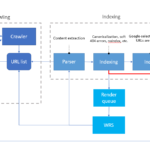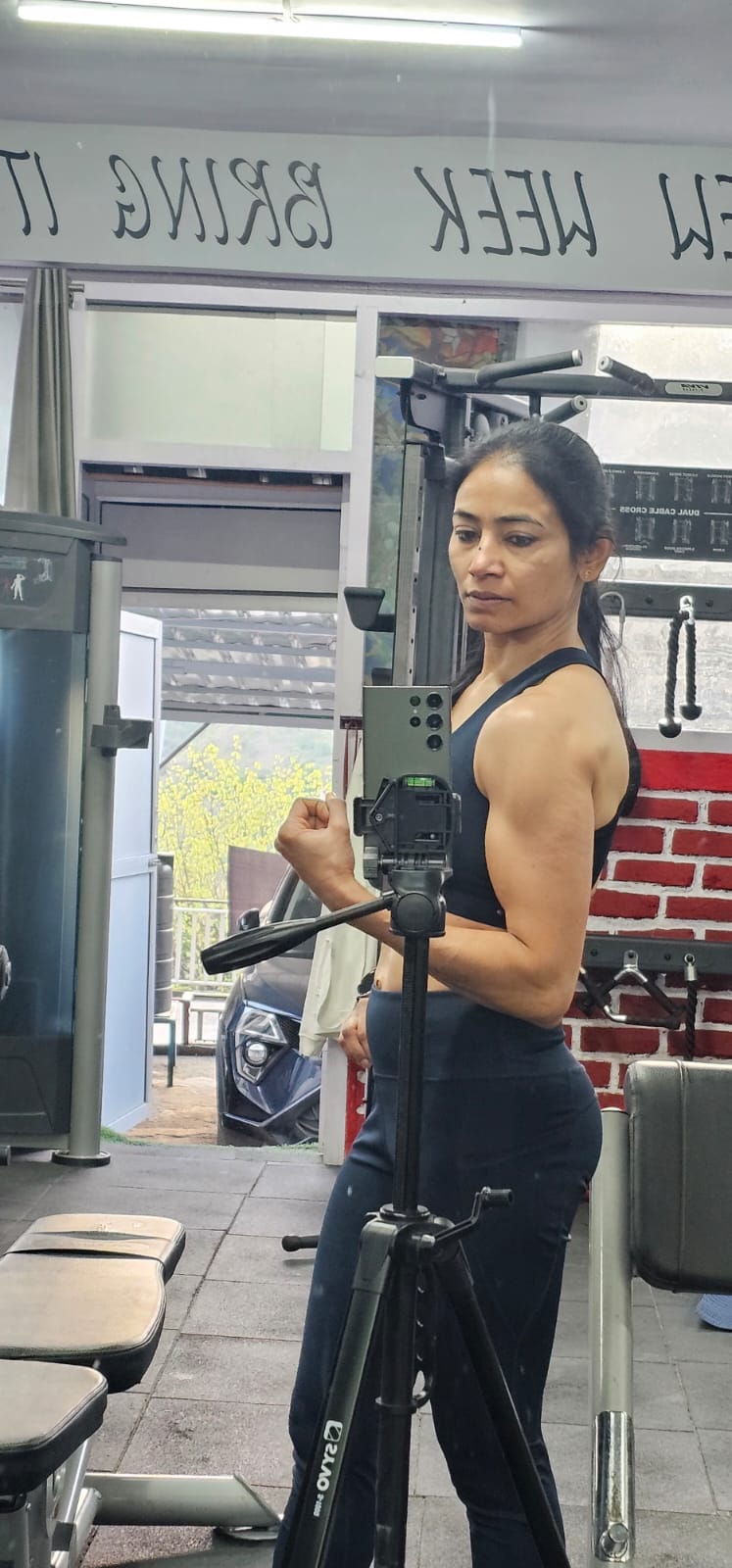Fat Loss: More Than Just Aesthetic Goals – A Deep Dive into Health, Hormones, and Healing
By Dr. Pallavi Sharma, Fittr Coach
Introduction: Fat Loss Beyond the Mirror
In a world where social media glorifies six-pack abs and size-zero figures, the true essence of fat loss often gets lost. Fat loss is not just about how you look — it’s about how you feel, how your body functions, and how you can prevent lifestyle diseases.
Key SEO Keywords: fat loss vs weight loss, health benefits of fat loss, obesity and chronic diseases, PCOS and fat loss, visceral fat, holistic fitness journey
Let’s explore why fat loss is an integral part of a healthy lifestyle and how you can start your own transformation journey — not just for aesthetics, but for longevity and vitality.
The Silent Epidemic: Obesity and Its Health Risks
What is Obesity?
Obesity is a condition characterized by excess body fat accumulation that presents a risk to health. It’s commonly measured using Body Mass Index (BMI), though body fat percentage and waist circumference are more accurate indicators of risk.
The Real Cost of Obesity
When fat accumulates in the body, particularly around internal organs (known as visceral fat), it leads to systemic inflammation, insulin resistance, and hormonal dysregulation. This is why obesity is linked to numerous diseases:
1. Hypertension (High Blood Pressure)
Extra fat increases blood volume and resistance in the arteries, causing elevated pressure. Chronic high BP leads to heart disease, kidney damage, and stroke.
2. Hypothyroidism
Though not caused by obesity, being overweight worsens hypothyroid symptoms. Also, untreated hypothyroidism can slow metabolism, making fat loss more challenging.
3. Dyslipidemia
This refers to abnormal cholesterol levels — high LDL (“bad” cholesterol) and low HDL (“good” cholesterol). Obesity is a primary driver of this imbalance, leading to atherosclerosis and heart disease.
4. Type-2 Diabetes
Visceral fat directly contributes to insulin resistance, which is the root cause of Type-2 diabetes. Even modest fat loss improves blood glucose levels significantly.
5. PCOS/PCOD
In women, excess fat worsens the hormonal imbalances seen in Polycystic Ovary Syndrome. Fat loss can restore ovulation, regulate periods, and improve fertility.
6. Cardiovascular Disease
Obesity increases your risk of coronary artery disease, heart failure, stroke, and arrhythmia. Losing fat reduces this risk substantially.
Fat Loss vs Weight Loss: Why It Matters
Not all weight loss is healthy. When people crash diet or lose weight rapidly, they often lose water and muscle instead of fat. This lowers metabolism and can cause nutritional deficiencies.
Fat loss, on the other hand, involves preserving lean muscle mass while reducing fat. This improves:
- Body composition
- Hormonal balance
- Metabolic rate
- Energy levels
- Immunity
Healthy fat loss = Sustainable health gains.
The Power of Self-Love and Taking Responsibility
We often neglect our bodies in the hustle of everyday life — skipping meals, staying sedentary, and ignoring signs of burnout. But your health is your foundation. Everything — your productivity, relationships, and happiness — rests upon it.
Self-love is not indulgence — it’s responsibility.
It’s about:
- Sleeping on time
- Moving your body daily
- Eating food that nourishes, not just entertains
- Listening to your body’s needs
How to Begin Your Fat Loss Journey
You don’t need to follow extreme diets or two-hour gym sessions to see results. Start with simple, sustainable changes.
Step-by-Step Guide:
1. Track Your Food Intake
Awareness is the first step. Use an app to track your calories and protein. Aim for a mild calorie deficit (around 15–20%).
2. Increase Protein Intake
Protein helps retain muscle mass during fat loss. Include:
- Eggs
- Chicken
- Fish
- Tofu
- Lentils
- Whey protein (if needed)
3. Stay Active
Start with 30–45 minutes of walking or light exercise daily. Gradually include strength training 3–4 times a week.
4. Prioritize Sleep & Stress Management
Aim for 7–8 hours of quality sleep. Chronic stress raises cortisol, which can hinder fat loss.
5. Hydration & Fiber
Drink 2.5–3 liters of water a day. Eat fiber-rich foods like vegetables, fruits, oats, and flaxseeds for digestion and satiety.
FAQs About Fat Loss
Q1: Can I lose fat without going to the gym?
Yes. You can achieve fat loss through home workouts, walking, and dietary changes. The key is caloric deficit and consistency.
Q2: How long does it take to lose fat?
It depends on your current body fat percentage, lifestyle, and adherence. A safe fat loss rate is 0.5–1 kg per week.
Q3: What is the best diet for fat loss?
There’s no “one-size-fits-all” diet. Choose one that creates a calorie deficit and is sustainable for you. Balanced diets that include protein, fiber, healthy fats, and complex carbs work best.
Q4: Does losing fat help PCOS symptoms?
Absolutely. A reduction in body fat improves insulin sensitivity and hormonal regulation, which helps reduce PCOS-related symptoms.
Q5: I have hypothyroidism. Can I still lose fat?
Yes, but it might take longer. Work closely with your doctor to manage your thyroid levels, and follow a customized diet and exercise plan.
Final Thoughts by Dr. Pallavi Sharma
Fat loss is not just a body goal — it’s a health necessity. It’s about reducing your risk of chronic disease, improving your energy and mobility, and living a fuller, healthier life.
The journey may feel slow, but every small step counts.
You have the power to:
- Choose healthier habits
- Transform your mindset
- Build strength from within
All you need to do is begin. The rest will follow.
You have the power to transform your body. You have the power to transform your life. The power is within you — just start.
With care and commitment,
Dr. Pallavi Sharma
Fittr Coach
#fittrcoach #fatlossjourney #healthiswealth #pcosweightloss #fitwomen #lifestylemedicine #obesityawareness









